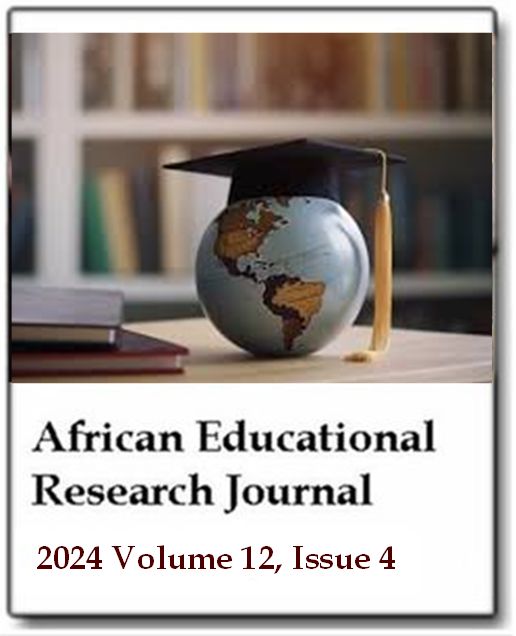An overview of textbooks in the context of critical pedagogy: Poverty, unemployment and homelessness
Latif Gökalp and Halime Ünaldı GökalpAfrican Educational Research Journal
Published: November 26 2024
Volume 12, Issue 4
Pages 300-319
DOI: https://doi.org/10.30918/AERJ.124.24.059
Abstract
In today's world, it is a fact that some people want the poor to be helped and some people want poverty to be eliminated. One way to narrow the gap between these two situations is to know what children need. The premise of this study is to evaluate the role of secondary school social studies textbooks in addressing poverty, unemployment and homelessness within the framework of critical pedagogy. In this context, secondary school social studies textbooks prepared by private publishers in Turkey were analysed. In the study, qualitative research method was used and structured approaches to document analyses were applied. As a result of the study, it is seen that the massacres and enslavement of indigenous people in the lands discovered by Europeans with geographical discoveries and colonial activities, and the labour of poor people in unfavourable conditions and the situation of child labourers with the industrial revolution are depicted. Again, it is observed that poverty, homelessness and unemployment come to the forefront due to various natural events, migration, terrorism and wars, and African origin and refugees are depicted as poor. The study reveals the importance of social studies textbooks in terms of illuminating disadvantaged situations, provides a different perspective in the context of critical pedagogy through micro, mezzo and macro analysis of functional definitions, and presents the points that are insufficient in addressing the definitions in question.
Keywords: Poverty, homelessness, unemployment, textbooks, social studies, critical pedagogy.
Full Text PDFThis article is published under the terms of the Creative Commons Attribution License 4.0

